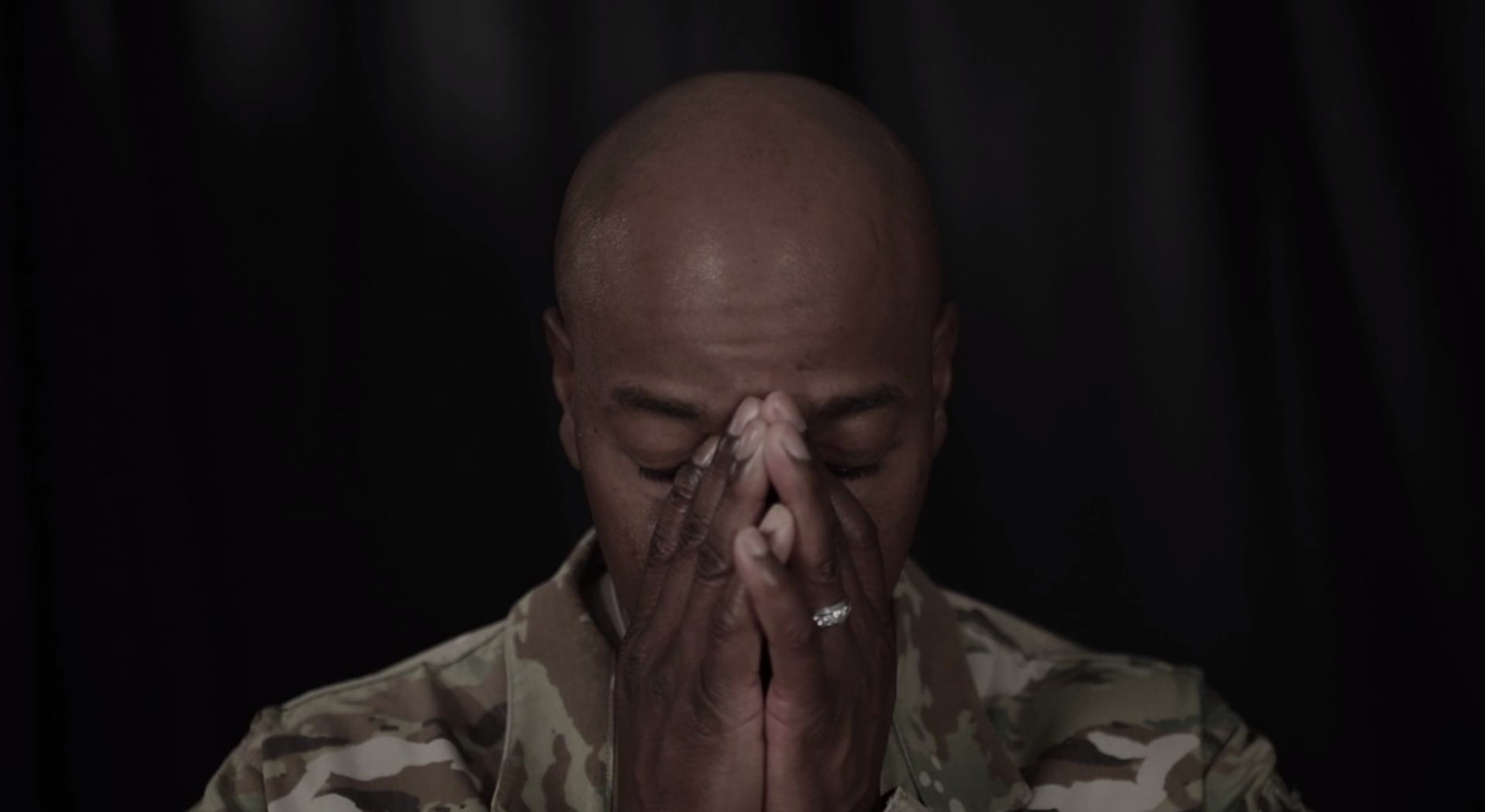Air Force Chief of Staff Gen. Charles “CQ” Brown said Wednesday that 98 airmen have died by suicide so far this year.
In a roundtable with reporters at the Air Force Association’s virtual Air, Space, Cyber conference, Brown said the Air Force is now almost exactly where it was at this point in calendar year 2019, when, by the end of the year, 137 airmen had taken their own lives. That was an increase of about one-third over the number of airmen who died by suicide in 2018.
But the isolation that has come along with the coronavirus pandemic has resulted in unique difficulties this year, Brown said.
“The challenge that I’ve seen here is the stressors that we have this year are much different than the stresses that we had last year,” Brown said. “We don’t have a chance for our airmen [in some cases] to connect and be close to the folks that they work with on a day-to-day basis. And that creates a challenge.”
Brown said the Air Force has pushed a “playbook” to leadership out in the field, to help them work through these challenges.
The ability to conduct mental health treatment through teletherapy has also helped, Brown said.
The Air Force is also looking for ways to involve family members in the training and support network for airmen, Brown said. Sometimes, he said, family members can let the Air Force know if an airman has a problem that might need some help.
Since he and Chief Master Sergeant of the Air Force JoAnne Bass took over, they’ve seen a few cases where an airman was getting mental health services, but committed suicide soon afterward, Brown said. “So how do we ensure that we have a good transition handoff into their family and friends, so we don’t have one of our airmen fall through the cracks.”
Brown also said that a significant portion — about 45 percent — of deaths by suicide in the Air Force are related to relationship issues. He said he wants the Air Force to have more counselors, including marriage counselors, that can talk to airmen about meaningful relationships and help them navigate through breakups or rocky periods.
RELATED

In another virtual forum with airmen at AFA, Bass said the Air Force needs to come up with new ways to tackle the issue of suicide and mental health — but there’s not one simple solution.
“Every single one of our airmen has a unique challenge, or something that happened,” Bass said. “Even if we fix policies and processes within the mental health system, there will still be challenges within our Air Force.”
Bass is concerned the Air Force does not have enough mental health professionals to deal with the challenges airmen are struggling with.
It’s not just the Air Force, Bass said. The mental health challenges airmen face are also a reflection of broader struggles with mental wellness, depression and anxiety the entire nation has, Bass said.
Some people may have experienced so much trauma or mental health challenges that the service may not be where it needs to be, Bass said. The Air Force owes it to them to help get them back on the track towards mental health, whether through chaplains or mental health professionals.
Stephen Losey is the air warfare reporter for Defense News. He previously covered leadership and personnel issues at Air Force Times, and the Pentagon, special operations and air warfare at Military.com. He has traveled to the Middle East to cover U.S. Air Force operations.




